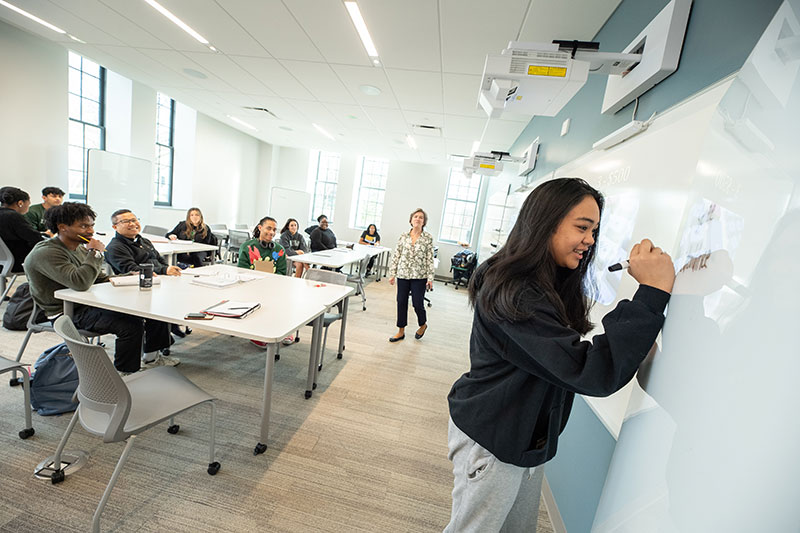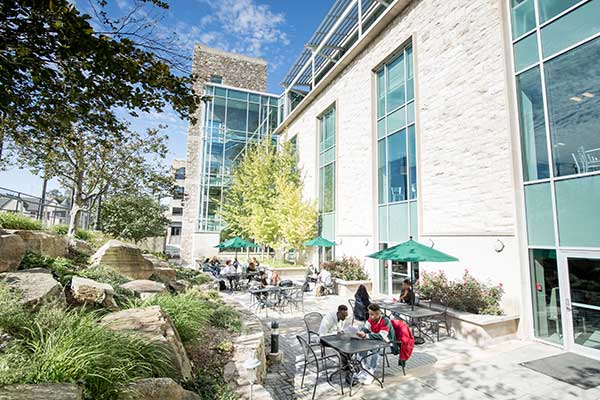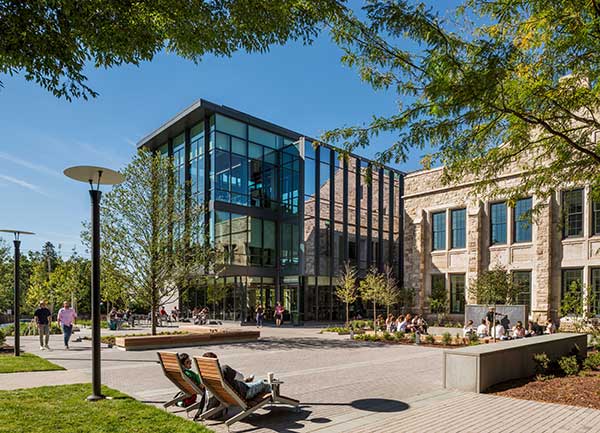An experience to inspire a lifetime
Loyola is the place where...You’ll redefine what’s possible. Run toward challenges. Hold your beliefs up to the light. Listen better. Express yourself more clearly. Understand how it all connects. Make new discoveries at the points where ideas splinter and diverge. Think more. Think differently. Think bigger. Forge the way. And no matter what shape your journey takes, one thing is certain: You’ll leave here forever changed.
Majors & Minors
When you apply to Loyola, you’re applying to the university as a whole and not any individual program, school, or major. Once you enroll, you can pursue a major and take classes in any and all of the university’s three schools. Explore our 55+ majors, 60 minors, and pre-professional programs in medicine, health, and law.
Explore All Academic Programs
Affordability
A Loyola education is more affordable than you thinkOnce you factor in merit scholarships and other forms of financial aid, you may discover that the actual out-of-pocket cost to attend Loyola is more affordable than you think. Our generous financial aid packages can help fill the financial gap between the total cost of attendance and what your family can contribute.
Join Our Contact List
Life as a Greyhound
The transition from high school to college can be tough. But at Loyola, you’ll discover something that makes that transition much smoother: a place to call home that actually feels like one.
Rankings & Accolades
Loyola by the NumbersUnleash Your Potential
It’s easy to fall in love with Loyola, because it’s a place that allows you to truly love yourself. In this talented, driven, intellectually curious community, you’ll feel inspired and encouraged to put your all into everything you do: in class, on campus, on stage, on the athletics field, and in the world.
Student Perspectives
Hear From Current Loyola StudentsExplore Loyola through the eyes of those who know it best: our students. Watch their stories or feel free to reach out with your questions via email. Their experiences are your guide to everything Loyola has to offer!




